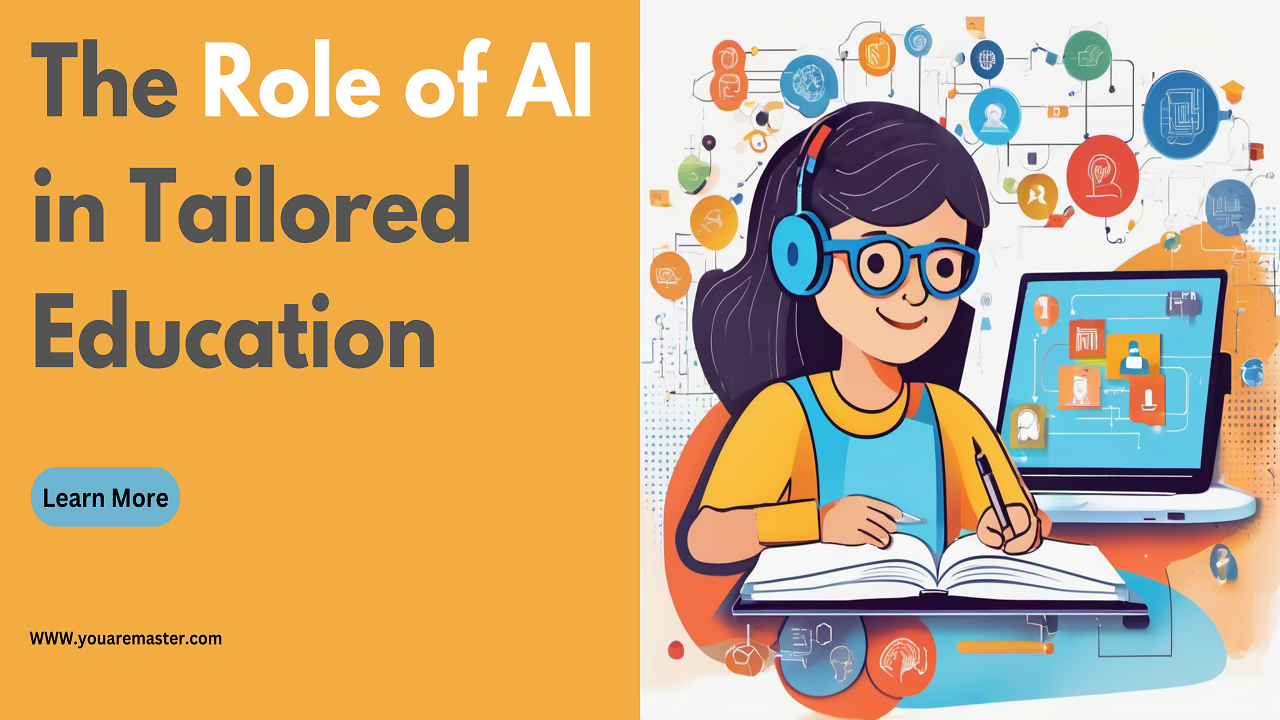The Role of AI in Tailored Education: Revolutionizing Learning
Introduction
In the quickly changing digital world of today, personalised learning has become essential to successful learning. The emergence of Artificial Intelligence (AI) has brought about a profound shift in the educational scene, providing customised learning opportunities for learners with varying backgrounds and skills. Artificial intelligence is completely changing the way we teach and learn, from personalised learning pathways to flexible feedback systems.
Benefits of AI in Personalized Education
AI-driven learning environments provide several advantages. Artificial intelligence algorithms are able to generate customised learning routes that are suited to the individual requirements and learning preferences of every learner by evaluating enormous volumes of data. This personalised approach increases interest and promotes a better comprehension of the material. Artificial intelligence also makes adaptive feedback and evaluation possible, giving students immediate access to information about their development and areas for growth.
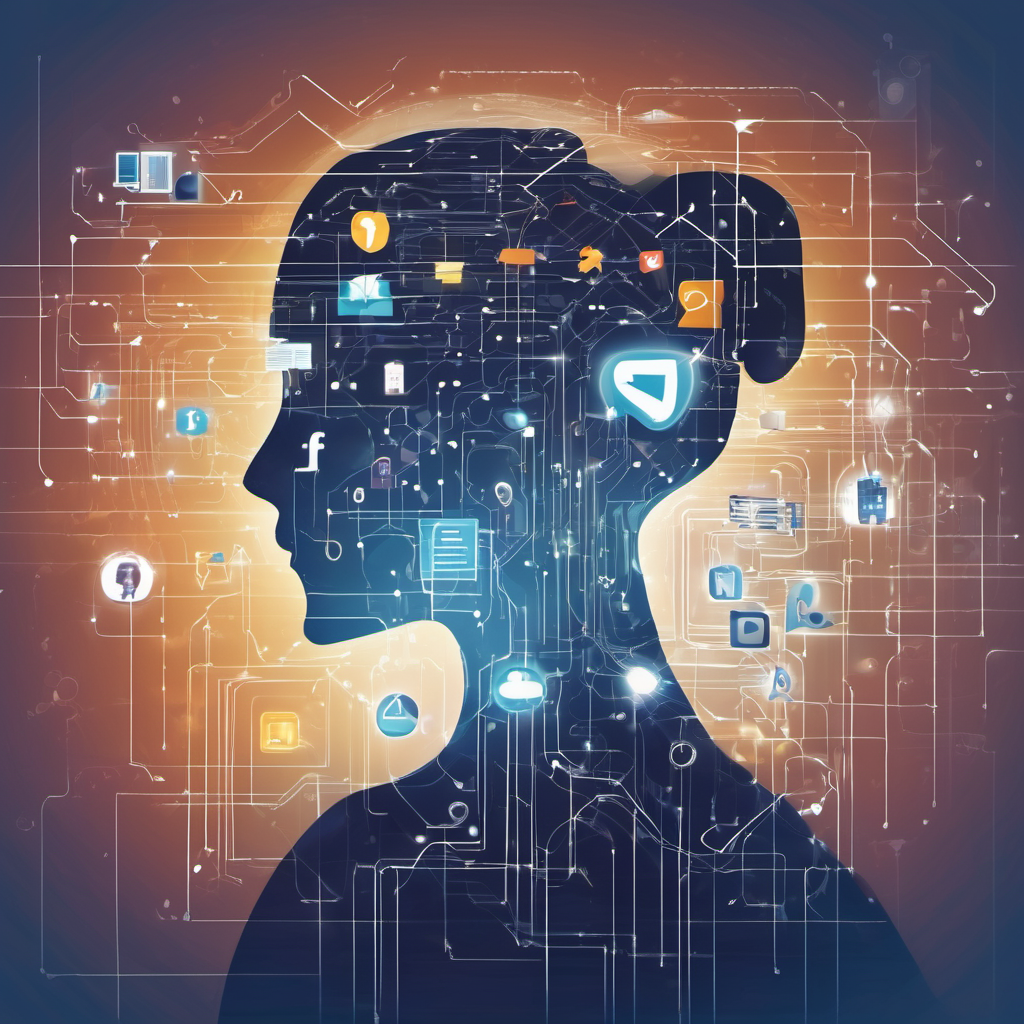
Artificial intelligence-Powered Learning Platforms
A number of innovative learning systems leverage artificial intelligence to provide tailored learning experiences. These systems use machine learning algorithms to adjust to the learning styles and speed of individual students. Adaptive learning systems such as Khan Academy and Duolingo, for instance, modify the degree of difficulty of exercises according to the user’s performance, guaranteeing the best possible learning results.
Challenges and Limitations
The extensive use of artificial intelligence in education is not without its difficulties, despite its potential. There are many unanswered questions about accessibility, data privacy, and ethical issues. To guarantee the responsible and ethical use of AI-driven educational technologies, educators and legislators need to address these concerns.
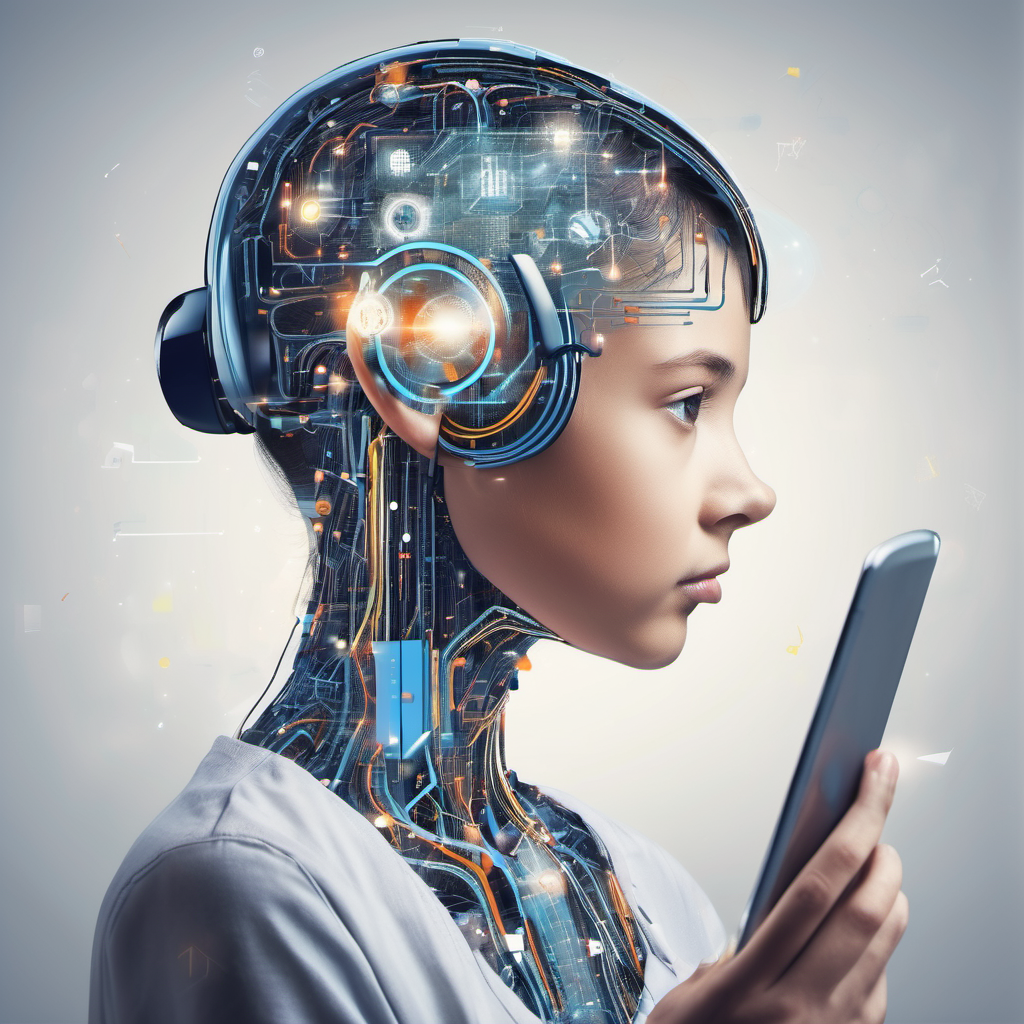
Future Trends and Innovations
With so much promise, artificial intelligence in education has a bright future. The way we learn might be completely changed by developments in virtual and augmented reality, as well as artificial intelligence technologies. These cutting-edge technologies have the ability to produce immersive educational opportunities that go beyond conventional classroom constraints.
Implementing artificial ingelligence in Personalized Education
The a hit implementation of artificial intelligence in education requires a concerted attempt from educators, establishments, and policymakers alike. Strategies for training and upskilling educators, in addition to addressing resistance to trade, are essential for fostering a lifestyle of innovation in training.
Impact on Student Learning Outcomes
Research indicates that AI-pushed customized getting to know ends in stepped forward educational overall performance and long-term fulfillment. By tailoring practise to man or woman desires, artificial intelligence allows students reach their complete capability and obtain higher getting to know outcomes.
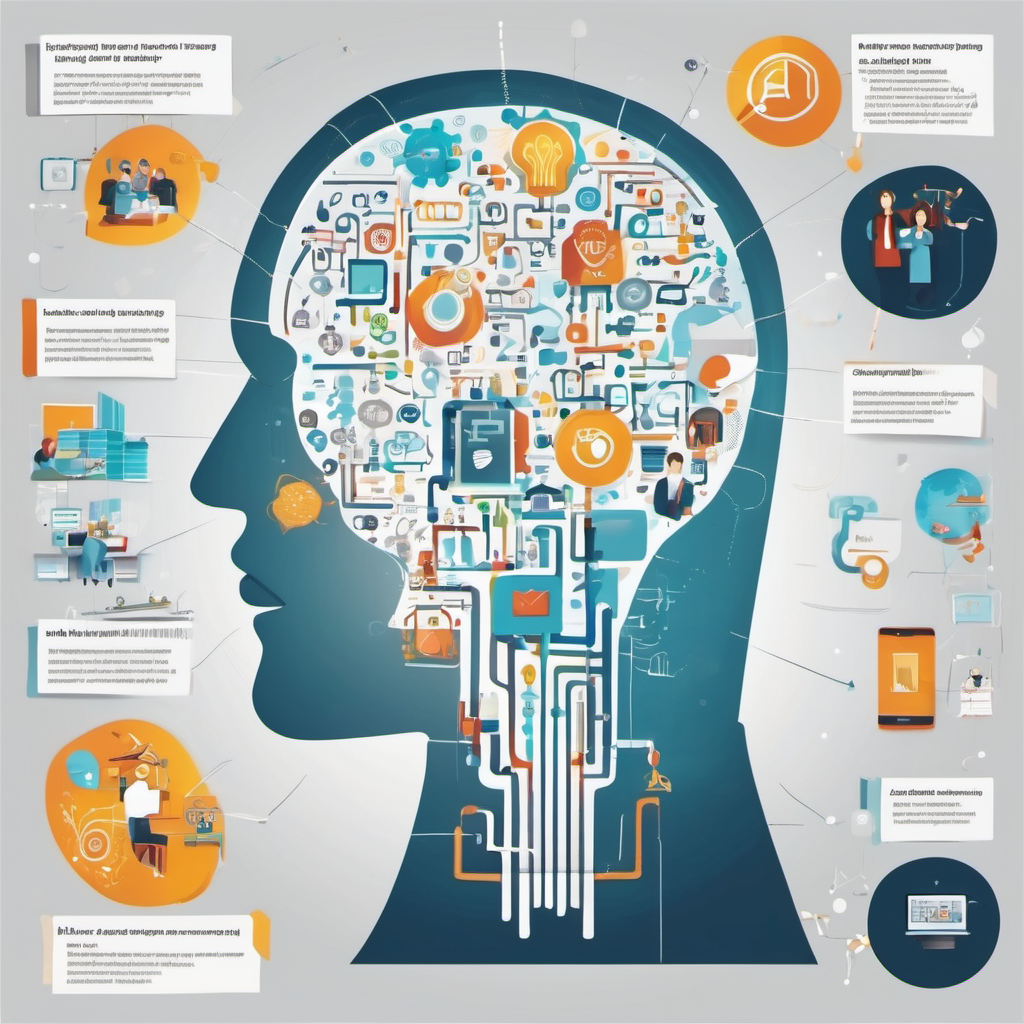
Case Studies and Success Stories
Numerous case studies illustrate the transformative impact of artificial intelligence in personalised training. From improving commencement costs to last achievement gaps, artificial intelligence-pushed interventions have yielded promising effects in diverse instructional settings.
Ethical Considerations in artificial intelligence-Powered Education
As synthetic intelligencebecomes increasingly more integrated into educational practices, it’s far critical to address ethical considerations along with bias, fairness, and transparency. Educators and developers have to paintings collectively to ensure that artificial intelligence algorithms are unfastened from bias and sell inclusivity and equity.
The Role of Educators in artificial intelligence-Enhanced Learning
While artificial intelligenceholds splendid promise for improving academic outcomes, it isn’t always an alternative choice to human instructors. Educators play a critical function in facilitating personalised gaining knowledge of reports and fostering crucial questioning abilities in college students.
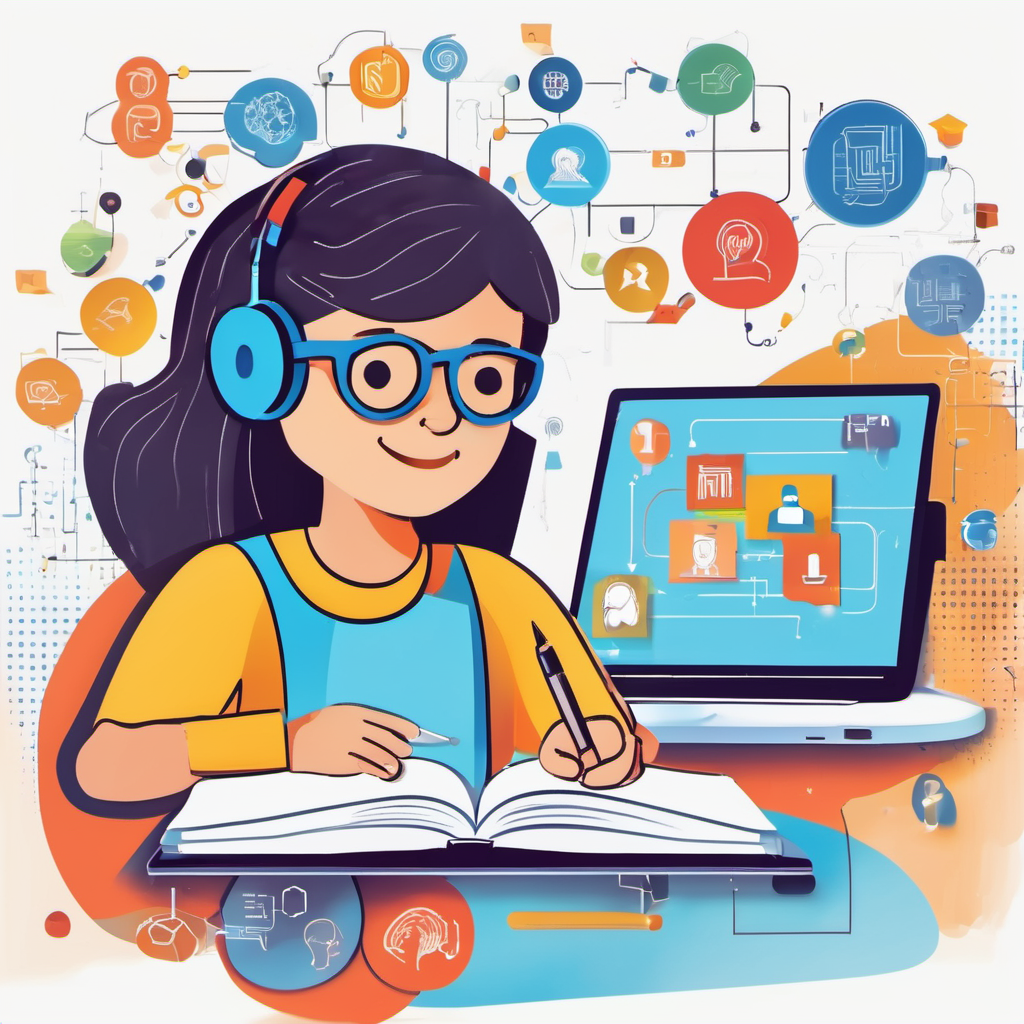
Community and Stakeholder Involvement
Engaging dad and mom, policymakers, and other stakeholders is important for the a success implementation of synthetic intelligence in education. Collaboration and partnership are key to growing an inclusive and equitable studying environment for all college students.
Global Perspectives on artificial intelligencefor Education
Around the sector, nations are exploring the capacity of synthetic intelligence to revolutionize training. However, cultural differences and ranging levels of technological infrastructure pose precise challenges to implementation.
Overcoming Barriers to Adoption
Financial constraints, infrastructure requirements, and worry of automation are giant boundaries to the full-size adoption of synthetic intelligence in education. Addressing those challenges calls for a multi-faceted method regarding funding in generation, instructor training, and network engagement.
Addressing Concerns about Job Displacement
While AI may additionally automate certain duties, it also creates new opportunities for educators and professionals in artificial intelligence-associated fields. By emphasizing the human element in schooling, we are able to make sure that artificial intelligence enhances as opposed to replaces the role of instructors.
Conclusion
In end, artificial intelligence has the ability to revolutionize personalised training, imparting tailored learning studies that cater to individual needs and possibilities. By embracing innovation and upholding instructional values, we will harness the energy of synthetic intelligenceto create a brighter future for beginners round the sector.
FAQs:
- What is personalized education? Personalized education refers to an approach to learning that tailors instruction to each student’s unique needs, preferences, and abilities.
- How does artificial intelligence enhance personalized education? artificial intelligence algorithms analyze data to create customized learning paths, provide adaptive feedback, and deliver personalized instruction to students.
- Are there ethical concerns surrounding artificial intelligence in education? Yes, ethical considerations such as bias, fairness, and data privacy must be addressed to ensure responsible use of artificial intelligence in education.
- What role do educators play in artificial intelligence-enhanced learning? Educators play a crucial role in facilitating personalized learning experiences and fostering critical thinking skills in students.
- How can communities and stakeholders support the adoption of artificial intelligence in education? By collaborating and investing in technology, teacher training, and community engagement, stakeholders can help create an inclusive and equitable learning environment.

